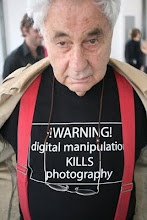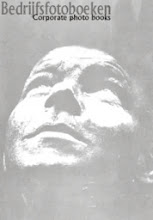Photographer Jodi Bieber's best shot
Last year, I was asked by Time magazine to go to Kabul to take portraits of 18 different Afghan women, to accompany an article being written by Aryn Baker. She interviewed everyone prior to my arrival and told me their stories, including that of Bibi Aisha, whose husband had cut off her ears and nose. She had left him; he and a group of Taliban tracked her down.
We met Aisha at the Women for Afghan Women shelter, where the director told us more about her psychological state. She couldn't determine how Aisha would respond to a photo-grapher: if at any point Aisha became uncomfortable, we would have to terminate the shoot.
Before I start, I try to make a subject feel comfortable through small talk, and already I could see that Aisha was quite extraordinary. Then I began and it wasn't working so well, so I put the camera down and said: "Would it be possible to not think about what happened to you for a few minutes and just focus on your inner power and beauty?" So she did and I took the picture.
I thought that Time was going to be disappointed because I didn't show Aisha as a victim, or include her ears, but they were over the moon and ran it on the cover with the headline: "What happens if we leave Afghanistan?" In the west, the left said that it was war pornography. A rabbi said of it: "Look how all Muslims are." Everyone used it for their own agenda. But the charity loved the publicity, for highlighting the plight of Afghan women.
Aisha now lives in New York and is adapting to her new life there. She is a fiery, young woman, very confident with or without her prosthetic nose. She is now in consultation with an amazing surgeon.
For me, the photograph, which won the 2010 World Press Photo award, speaks about violence against women: a domestic war. It doesn't happen in every country quite like this, but anyone who has been violated might identify. Most people who suffer are portrayed as victims rather than as powerful: this shows Aisha as a survivor.
CV
Born: 1966, Johannesburg.
Studied: The Market Photography Workshop, Johannesburg.
Influences: People on the street.
High point: "Winning the World Press Photo award."
Low point: "As a freelance, when nothing is happening."
Top tip: "Have passion and work hard."















Geen opmerkingen:
Een reactie posten